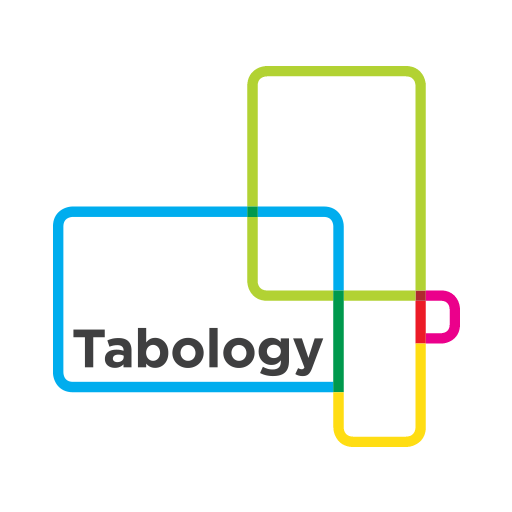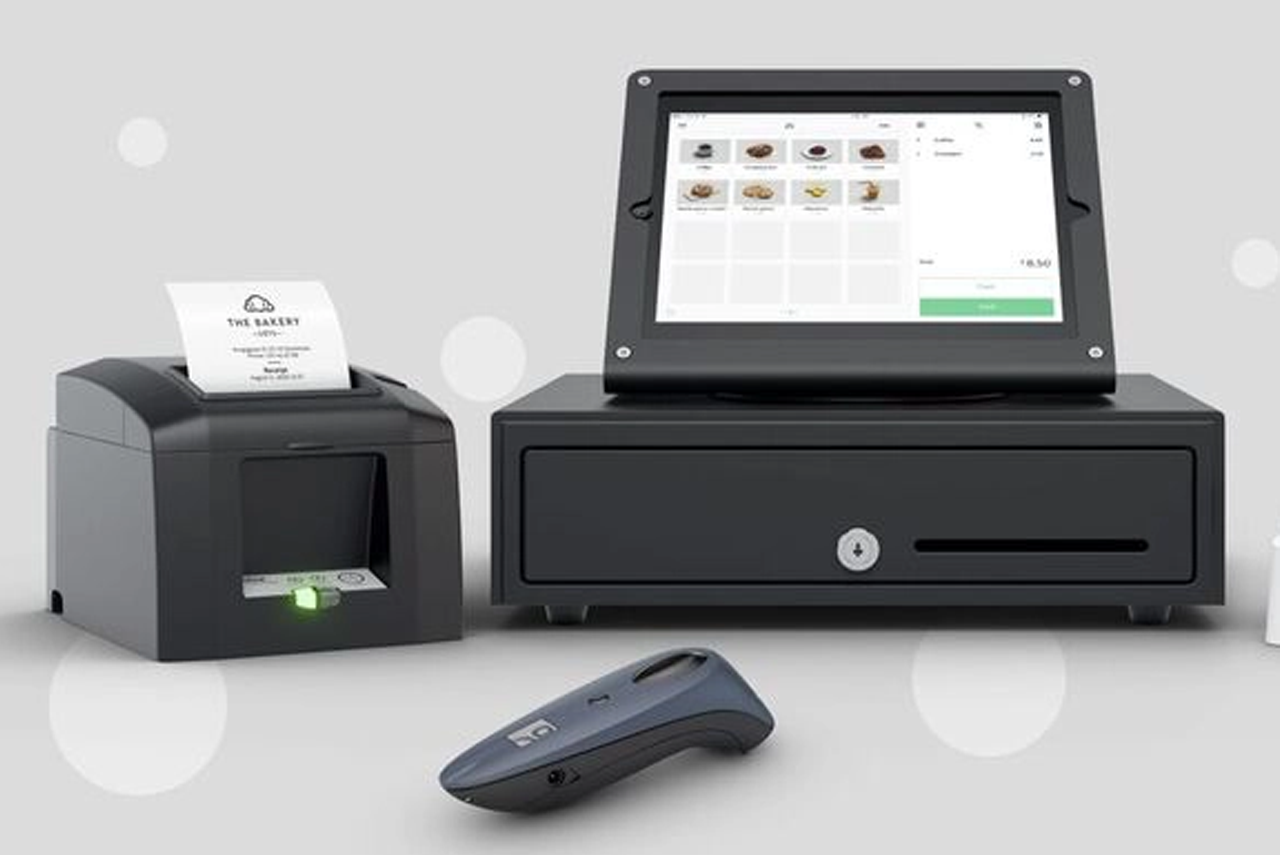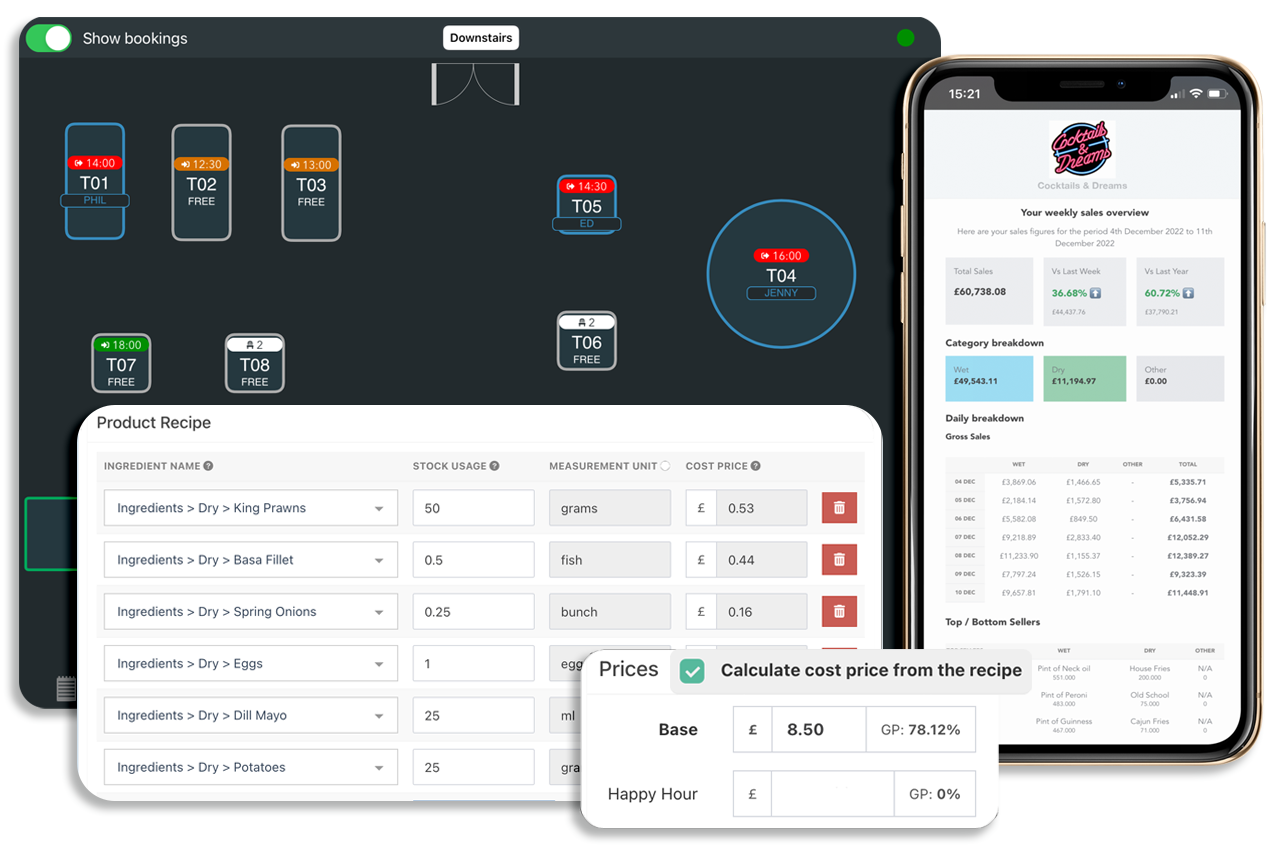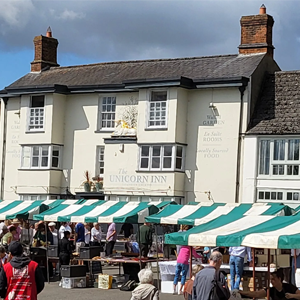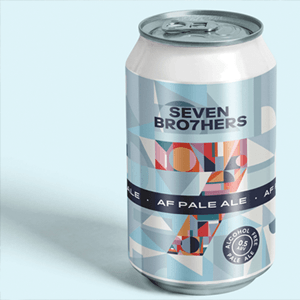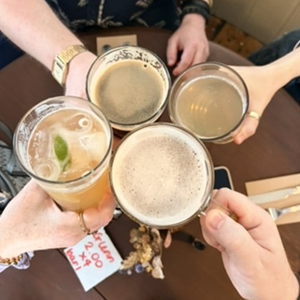Do I need a hospitality EPOS?
Hospitality businesses around the country use a huge range of till systems, from basic mechanical tills to fully fledged hospitality EPOS systems.
As the technological capability and feature set increases, so usually does the cost. So how do you know what type of system you need for your business? If you can get by using a mechanical till, or basic POS system, why pay the extra for a state-of-the-art hospitality POS with features you may not need?
We pride ourselves on giving honest advice, including being upfront if any of our products wouldn’t be the right fit for a particular business. This article looks at when a hospitality EPOS may be a good fit that justifies the costs, and when a cheaper option may be better suited.
We’ll look at the general types of systems available, alongside the sorts of businesses that each may suit.
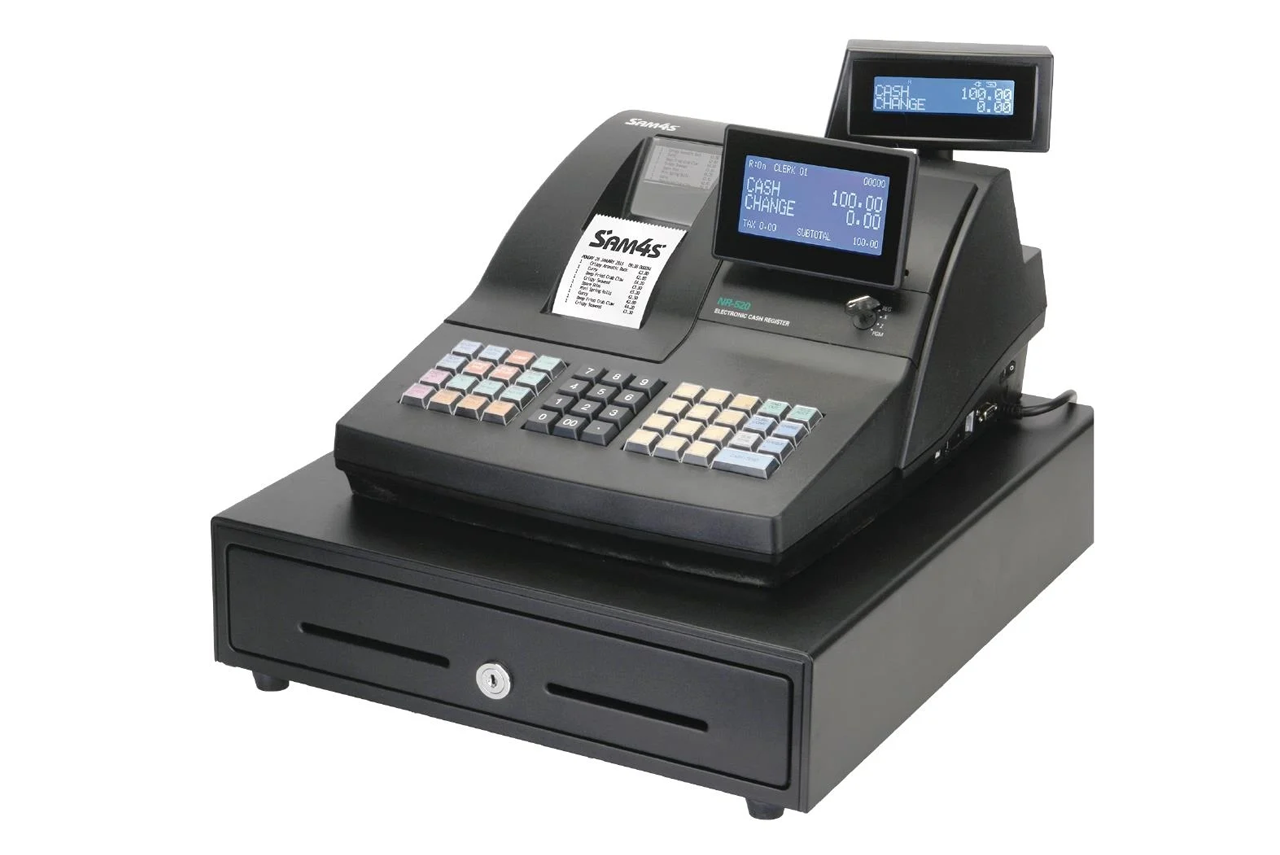
Basic till
We define a basic till as a single device with a numeric keypad for directly inputting the prices and quantities of what you sell, alongside some functional buttons such as recording payment types and printing receipts.
The cost of a basic till will usually be an up-front cost of anything up to a few hundred pounds. The technology is so basic that there wouldn’t be any need to pay for a software subscription or support plan.
If all you need to record for your business is the monetary value of your sales, a basic till is the cheapest way to do this.
If you want to record what you have sold, a basic till isn’t going to do the job. You won’t be able to report on best or worst sellers or check that your stock isn’t going missing. The only report you are likely to get is a printout of the days sales and payments that you can use to reconcile against your cards reports and cash in your cash drawer.
This option may still suit some small business, with low sales volumes, but in general basic tills are being phased out. Part of the reason for this is the availability of very cheap or “free” EPOS systems.
General EPOS (Electronic Point of Sale) systems
Most hospitality businesses will benefit from being able to track and report on what they have sold, rather than just the value of their sales. This requires an upgrade from a basic till to a general POS system.
A general POS system is one that doesn’t target a specific sector, like hospitality, and instead tries to meet the basic needs of a wide range of business types.
Due to the variety of businesses a general EPOS needs to cater for, it is likely to cover many basic features, but fall short on more specific features needed by a specific sector, such as hospitality.
A general EPOS will enable you to track and report on what you have sold. Many will also enable you to track the cost of your sales and therefore your gross profit, which is a key metric for any business.
With a general EPOS you are likely to have to calculate and key in your cost prices for different measures of the same product, such as wine, or for products with recipes, like food or cocktails, rather than these being calculated for you.
Stock tracking is also likely to be limited to basic items, as tracking recipes is more specific to hospitality.
General POS systems can be fairly cheap, or even free from your card processor (though you will effectively be paying for it through your card fees). As such, they can be a good option for simple businesses that don’t need to track complex stock items, add items to tabs or tables, or other more hospitality specific functions.
Hospitality EPOS
A hospitality EPOS is an EPOS built purely for hospitality businesses. This means it should have many of the functions a hospitality business needs and, importantly, should be focussed solely on hospitality for future developments.
A hospitality EPOS is likely to include features such as:
- Adding orders to tabs & tables including a graphical table plan
- Detailed stock tracking, including measures & recipes
- Various tipping methods
- A wide range of hospitality focussed reports
Businesses looking for these types of features are likely to benefit from a hospitality focussed POS system, over a generic EPOS.
Technical support can be another reason for opting for a hospitality focussed EPOS system. These systems are likely to include support on evenings and weekends when you are likely to need it (though do check, as not all do). They are also likely to have more hospitality knowledge and expertise within the team, which can help in being able to explain your problem to the support agent.
Finally, if you tend to have your own ideas for features you want for your business, a hospitality EPOS company is more likely to be able to fully understand these as well as be able to prioritise them, due to their hospitality focus.
